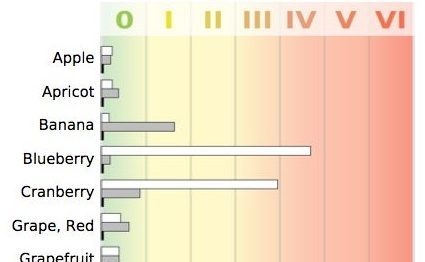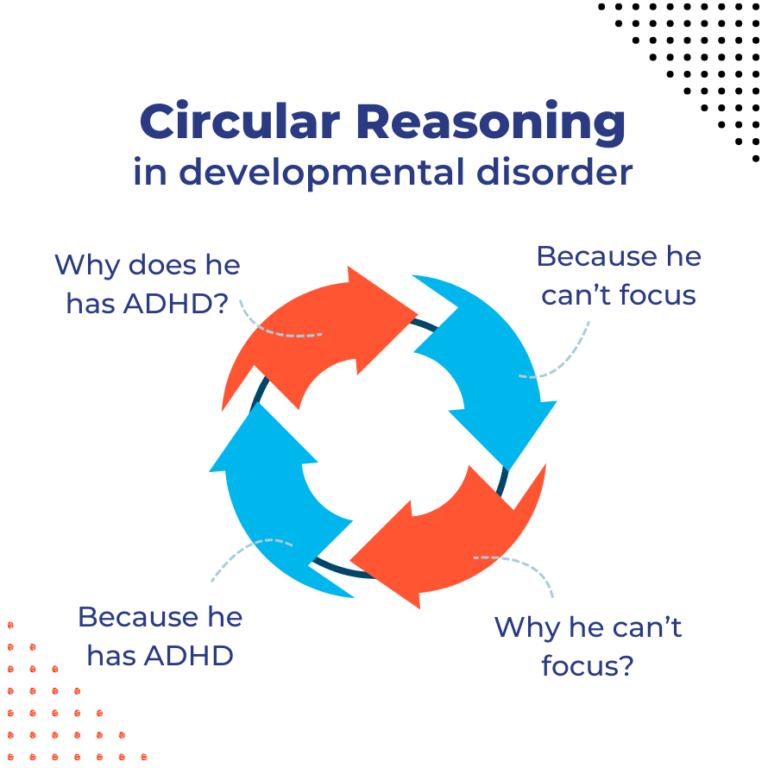Commercial tests that claim to identify food allergies or sensitivities in children with autism are a ‘waste of money,’ and potentially dangerous, warns Dr Lavine, a Pediatric allergist/immunologist at Humber River Hospital in Toronto, Canada.
Food intolerance blood tests measure a person’s levels of IgG antibodies to a wide variety of foods. However, IgG antibodies do not have any proven link to illness. At best, these blood tests are a waste of money, at worst, they can lead to poor or even dangerous dietary restrictions.
Despite their ineffectiveness, IgG food intolerance tests have spread to Indonesia with the appealing promise to reveal food allergies in children with autism.
“I no longer have any preconceptions about the ‘type of person’ who would fall for this testing because of what I’ve seen in my community practice. I have seen well-intentioned, educated, aware people from all walks of life, all levels of education somehow be brought to a mindset where they feel like this test might be the answer.”
Dr. Lavine E., MD, FRCPC
The test, which can cost hundreds of dollars, look for an antibody reaction to a whole range of foods. And when they find a response with an antibody known as immunoglobulin G, or IgG, they characterize that result as unhealthy, suggesting the existence of either a food allergy, an intolerance or a food “sensitivity”.
The medical community unanimously agrees that this is a incorrect interpretations on how the immune system works, based on a few facts taken out of context plus some flawed research.
The overwhelming majority of specialists in the field of allergy and immunology agree that there is no evidence that IgG antibodies cause food allergies, intolerances or sensitivities.
To protect the public, professional medical associations in many countries asked the best minds in immunology to prepare a position statements warning against these tests.
IgG Tests in Indonesia
The tests are commercialized in Indonesia by laboratories such as US BioTek, Doctor’s Data and Genova Diagnostic. These labs due to their use of nonstandard tests has received a lot of criticism. A Laboratory Technician, former employee of US BioTek commenting on his experience in the company says:
“US BioTek is selling a product that has no diagnostic relevancy. It is morally degrading to turn science into a useless product.”
Dr. Barrett, an American psychiatrist, co-founder of the National Council Against Health Fraud, lists US BioTek, Doctor’s Data and Genova Diagnostic among the labs that perform non approved tests. He writes that “when evaluating practitioners, he regards routine use of any of these laboratories as an negative sign”. In other words if your doctor recommends you these test, you should seriously consider to change doctor.
US Bio Tek, for its part, seems to wash away its moral responsibility in selling faulty tests by adding a almost invisible footnote on the test reports:
This test is not intended to diagnose, treat, cure, or prevent any disease. This test has not been evaluated by the U.S. Food and Drug Administration.
To put it in another way: Be careful, this test does not work.
Then, how is it possible that respectable doctors recommend to put kids onto restricted diets based on these tests?
According to Anna Laforeston of foodconnections.org, there are several myths used by commercial laboratories to justify food intolerance blood tests (IgG tests).
Myth 1: High levels of IgG antibodies mean that you have an allergic reaction to food
FACT: Everyone produces IgG antibodies to food. Even though food intolerance blood tests rank your IgG antibody concentrations for various foods as low, medium, and high, there is actually no such thing as a ‘correct’ level. Even healthy people will have high IgG levels for some foods
Myth 2: IgG antibodies are responsible for allergy symptoms
FACT. This idea comes from a single research that date over 30 years ago 1982, Fagan et al. (13). Since then this research has been proved false and no research has demonstrated a link between IgG and antibodies. Actually some studies have even shown that high antibody levels are associated with health.
More information: Diagnosing food intolerance
Myth 3: IgG antibodies cause inflammation
FALSE. There are four subclasses of IgG (IgG1 through IgG4), each with different roles (some has some IgG antibodies have pro-inflammatory effects while others are anti-inflammatory). The presence of IgG antibodies are necessary to keep our immune system in check. Inflammartory responses depends on complex interactions between these agents, and “singling out one type of IgG to conclude that IgG antibodies causes inflammation is a gross oversimplification – and just plain wrong”.
Myth 4: Diets based on IgG levels have been shown to successfully treat symptoms
FALSE. Even if there is no evidence to support the existence of IgG-mediated food reactions a handful of clinical studies have attempted to determine whether diets based on IgG levels can reduce symptoms. Unfortunately these few studies suffers from design flaws that essentially nullify their results. Moreover the percentage of improvement showed by these studies was very low, much lower than most other diet studies using proved methods.
How do I get help, then?
If you are concerned about your child having food sensitivity, IgG blood tests are of no value. The only scientific way to identify food sensitivities is through an elimination diet and food challenges. Refer to an Pediatric Allergist or Immunologist.
References:
“Doctors’ positions on food intolerance blood tests” by Anna L. Laforest, 2014, posted on FoodConnections.org
“Tests for food allergies, sensitivities a ‘waste of money,’ doctor says” by Helen Branswell, 2012, posted on theglobeandmail.com
“Laboratories Doing Nonstandard Laboratory Tests” by Stephen Barrett, 2015, posted on quackwatch.org
“Myths used to justify food intolerance blood tests (IgG tests)”, Anna L. Laforeston, 2014 on FoodConnections.org





